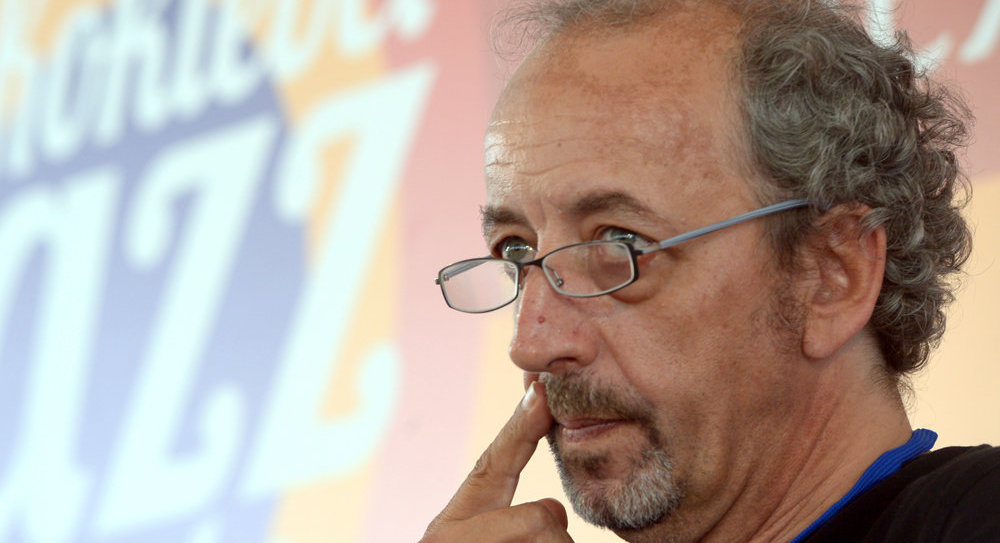— What attracts you to jazz? What makes you love it?
— The reason I'm drawn to this music is because you can create a new reality by using old samples and new beats. Of course, it may or may not always work. But I was lucky to find my niche and be able to make music that people like.
When we were just beginning, we weren't at all sure what would come of it. As a matter of fact, I started with funk and blues but made quick progress as a musician and finally landed in jazz or, to be more precise, in music that swings.
I was born in Germany where all you could hear was rock. But rock doesn't have that indescribable feeling of swing. I started listening to Kool & the Gang and Earth, Wind & Fire. The beat of their music hit me deep inside. Gradually, I developed an interest in jazz.
Jazz loves playing with form: you take blues, mix it and get jazz. Just as in professional dancing. Initially, blues was the music of the poor, their language, and then it evolved into jazz. I would even call it art. Honestly, I was never good at playing this complicated music. "But I can use it," I thought. So I took old samples and combined them with the best of jazz, funk and Latino, and then it grew into something new and original, something you like — into our music.
— You said you were not good at playing jazz. Why? Was it because you lacked technique or because you couldn't understand jazz?
— No, I always understood it. Of course, I can play jazz technically, but only in that sense. I can play a tune, maybe even solo, but I was never able to be a real jazzman.
Take, for example, Miles Davis's recording "Kind of Blue," released in 1959. You listen to it and realize that you will never be able to play like that. Not because you play badly, no, I mean on an intellectual level. I can compose something similar, but playing like that, improvising — no.
Or take George Benson… All he plays comes from his heart. He talks to you through the notes. Many modern musicians have brilliant technique and can play the notes and chords, but those are simply notes. Only a handful of people in the world can play technically complicated music that communicates with their audiences. Today, lots of musicians use a language no one understands. They have technique, but they can't strike an emotional chord. That's why I'm happy to be able to play only a few notes on stage, but with those few notes I open my heart to the audience. This is important, because we play for the audience, not for ourselves.
— Your music is distinguished by interesting solutions. What's your approach to composing and recording?
— The ultimate result should always be kept in mind. If you have no idea, there will be no result. A musical image can come in a flash. Like, you are composing a rhythm — and a picture flashes through your mind. You begin to shape it, search for various samples, find the sound… You look for a suitable bass drum sound and don't find it, or you have a ready beat but the sound doesn't suit you, so you just cut it out and try something else, and again it doesn't suit you — this can go on for days or even weeks. But the most important thing is to keep in mind the ultimate result you want.
— What is the most memorable moment in your career?
— The most memorable moment is about the group that inspired me to become a professional guitarist — Wishbone Ash.
I played with Tony Sheridan, a former Beatles collaborator. That was in 1986 and I was 25 then. We played in East Germany (GDR), sharing the stage with Wishbone Ash. As I stood there watching the guitarist playing his Flying V, I thought: "Incredible! You start playing the guitar and listening to a group and then, in 13 years, you share the stage with them." I said this to him afterwards, though maybe I looked foolish, but I just couldn't help saying it.
